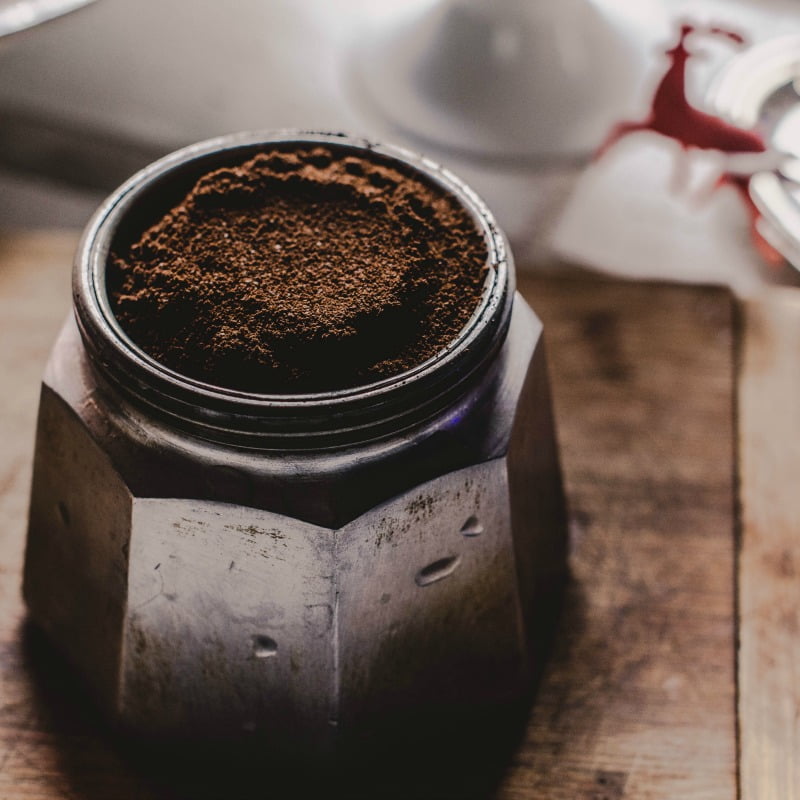How Coffee Makes Your World Better

Every day, the news is the same: Crime in the cities, unemployment in the countryside, corruption in our politics, jobs being lost and the debt always climbing. It can sometimes seem like everything is getting worse all the time. What is not shown on the nightly news, however, is how groups of people come together to create new ways to solve our problems and to make life better for everyone. A great example of that is your morning cup of coffee.
Certified for Good
Coffee is the second most traded commodity on the planet. Americans drink more than 400 million cups a day and it is perhaps the most moral purchase you make in your week. Coffee growers and distributors have come together to create a process that benefits the farmers, the land it’s farmed on, and the animals who live on that land, all while providing you with the best tasting beans for your cup.
The next time you stop to make yourself a cup of coffee, turn over the label. You’ll find a number of different certifications listed on the label of most coffee brands. These include Rainforest Alliance, USDA Organic, Fair Trade, and Smithsonian Bird Friendly. But, what do these certifications mean?
Earning a Living Wage
Coffee is grown in equatorial regions, almost exclusively in third world countries. Many of these coffee growing nations have poor economies where it is hard for their citizens to earn a living wage. Driven by a desire to build an equitable industry, coffee farmers and buyers came together to create the Fair Trade Standard: The agreement held farmers to proper standards of pay for their workers while limiting the length of their work weeks and the standards in which they could be housed. Buyers, in turn, agreed to pay a set price per pound for the coffee produced which in turn would allow farmers to afford to accept these standards in their production.
Preserving the Earth
The Rainforest Alliance is a non-profit advocacy group that sets standards for farms that grow coffee. It creates standards for how coffee is grown including preventing clear cutting. Coffee grown under the shade of native trees has a smoother flavor then plants grown in the open. The trees also prevent soil degradation and erosion for the farm.
Rules are also put in place to prevent trafficking in wild animals on the farm, altering natural water courses, dumping untreated wastewater and other harmful practices. While pesticides may still be used under the Rainforest Alliance standard, there are rules for the amount of space between the coffee crops on which the pesticides are used, and natural vegetation. Taken together, these rules ensure that the coffee you drink is grown in the most ecologically beneficial methods possible.
Protecting Our Bodies
Organic coffee is processed using no synthetic ingredients or additives. It means sets rules for the use of herbicides, pesticides and fertilizer to reduce the amount of toxins entering the ground soil and watersheds, maintains the forest canopy, and reduces erosion. Limiting the amount of toxic chemicals that are used as part of growing crops doesn’t just benefit the environment, it helps the farm workers who are exposed to the poisons.
Maintaining Habitats
Smithsonian Bird friendly certifications sets standards for maintaining tree cover for the coffee plants. It sets standards for canopy heights and insect biodiversity and wildlife protections in coffee farms. These trees then provide habitat for birds throughout the farm. This allows the farms to produce a quality product while still providing a home for hundreds of bird and insect species.
Taken together, these standards for coffee production do three important things. They protect the ecology in and around the farm to maintain a place for natural plants and animals to live in cohabitation with the farm. They create good, paying jobs for farm workers so that they can afford to support their families, and they ensure the best tasting cup of coffee to the consumer. Taken together, this means that your morning cup of coffee is actually making the world better, for all of us.
If you coffee does not have all of these certifications, call Coffee Mill. We have a wide selection of Rainforest Alliance, Organic, Fair Trade and Bird Friendly coffees to choose from. Call now to place your order for a more beautiful and just world.